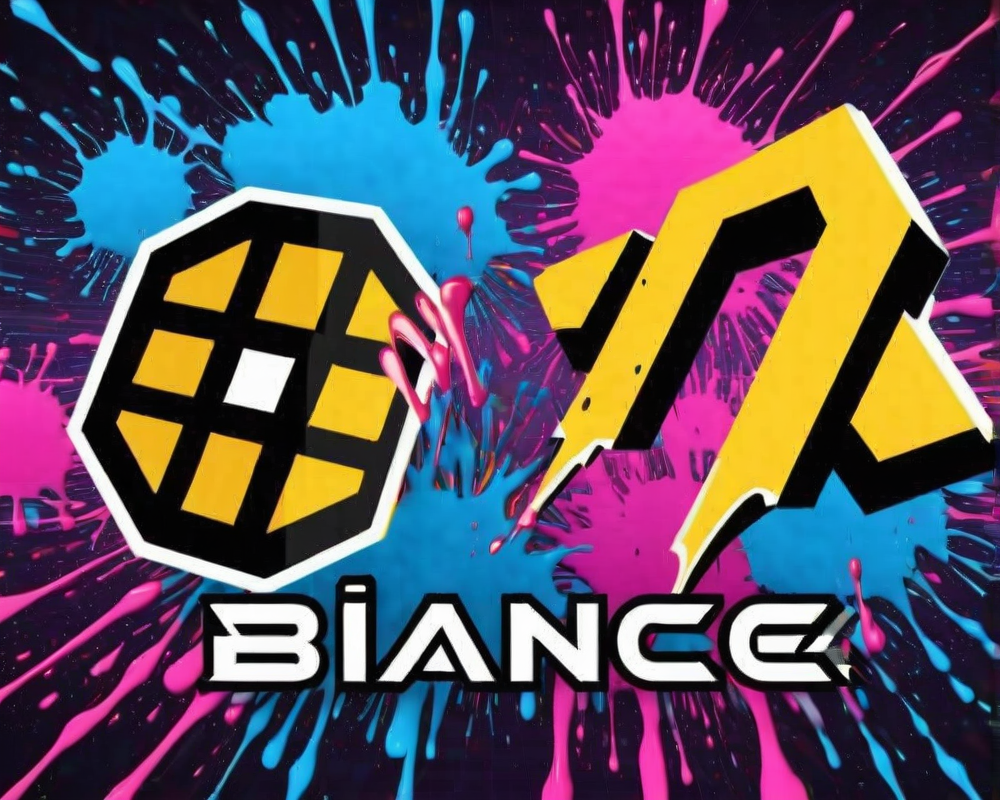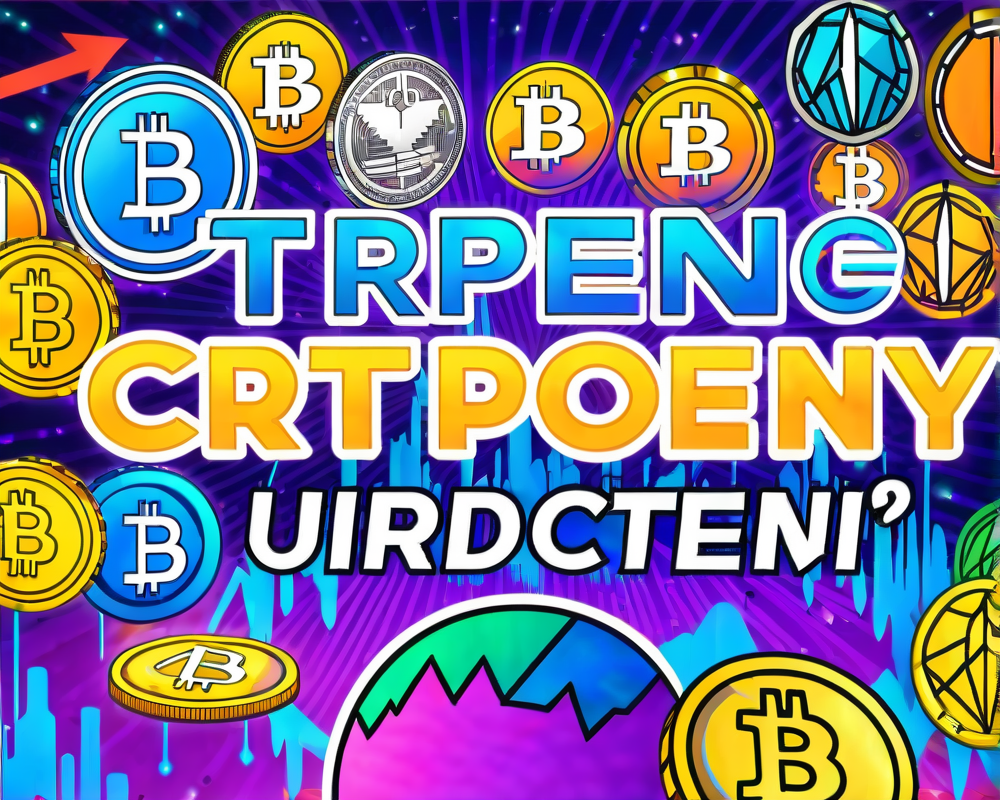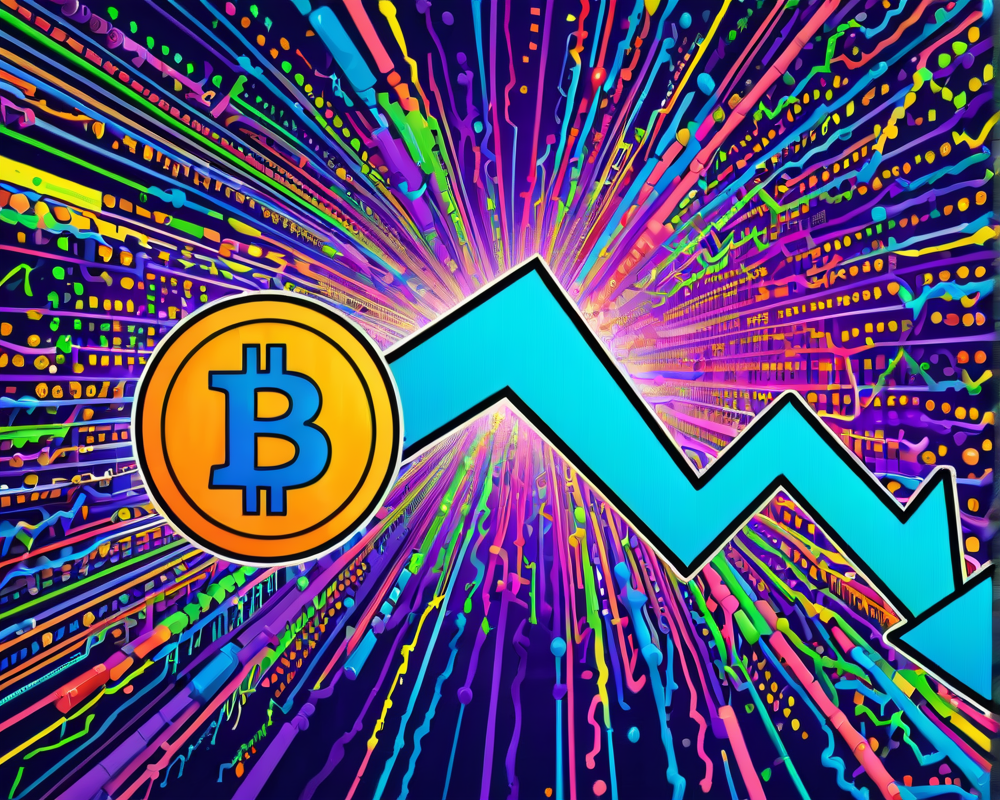In a dramatic turn of events, Binance has publicly apologized to the Steem community after finding itself embroiled in a centralization scandal involving none other than Justin Sun, the founder of Tron. In a letter released on March 10, Binance emphasized its neutrality, stating, “We have no interest in on-chain governance beyond our ecosystem.”
The Great Token Takedown
Binance’s apology was more than just words; it came paired with the announcement that it had powered down a whopping 31,730,000 STEEM tokens. This decision was taken in light of Sun’s controversial maneuvering, which many in the Steem community saw as a hostile takeover of their beloved blockchain. Talk about a dramatic family reunion—or should we call it a family feud?
The Steem vs. Tron Saga
The backstory of this conflict reads like a soap opera. It all began when Justin Sun “strategically partnered with” Steemit back in February 2023. For those who don’t keep up with the drama, Steemit is essentially the social media unicorn of the Steem blockchain—a platform that gives a nod to Reddit but has its own flavor of delegated proof-of-stake governance.
This method means that a select group of “witnesses”—elected by STEEM token holders—steers the ship. So when news broke about Sun’s acquisition, it triggered panic within the community. They launched a preemptive “due diligence” plan to soft fork the blockchain to neutralize Sun’s influence, which they feared could evolve into a monarchy rule. If you know anything about banana republics, you might see the similarities.
The Ninja-Mined Stake Peril
Now, here’s where things got real spicy—the infamous ninja-mined stake of about 74 million tokens owned by Steemit. Many community members quaked in their virtual boots at the thought of Sun gaining access to such significant voting power. His control could turn the Steem community’s elections into a rigged game, with Sun holding all the aces in his hand.
Sun, not one to back down, fired back by branding the community’s soft fork as a “criminal action” executed by “malicious hackers.” He set up a hit squad of sorts—three exchanges including Binance, Huobi, and his own Tron-owned Poloniex—to rally behind him to reverse the soft fork. Talk about getting the band back together!
Binance’s Damage Control
Following the uproar, Binance’s CEO Changpeng Zhao made it clear that the exchange had thought they were supporting a regular hard fork and not taking sides in this blockchain melodrama. In their letter, Binance reiterated their commitment to supporting normal upgrades and hard forks in good faith, which sounds suspiciously like an apology wrapped in a nice legal clause.
Moreover, Binance reassured the community by documenting the powering down of the voted tokens on March 8 and 9. They’re certainly playing it safe: “If a consensus isn’t reached and it poses risks to STEEM users on Binance, we reserve the right to take appropriate actions,” they warned. Wink, wink.
The Fallout
As of now, the dust has not fully settled. Huobi has publicly announced its withdrawal from the voting fray, leaving Poloniex scratching its head, yet to comment on the situation. In the world of cryptocurrency, a single week can feel like a decade, and it’ll be interesting to see how this drama unfolds.
So what’s next for the Steem community? Perhaps a group therapy session aimed at navigating the madness and trying to educate everyone involved on the values of decentralization. But in the blockchain world, one thing is certain: where there’s smoke, there’s likely a thousand memes waiting to emerge.




